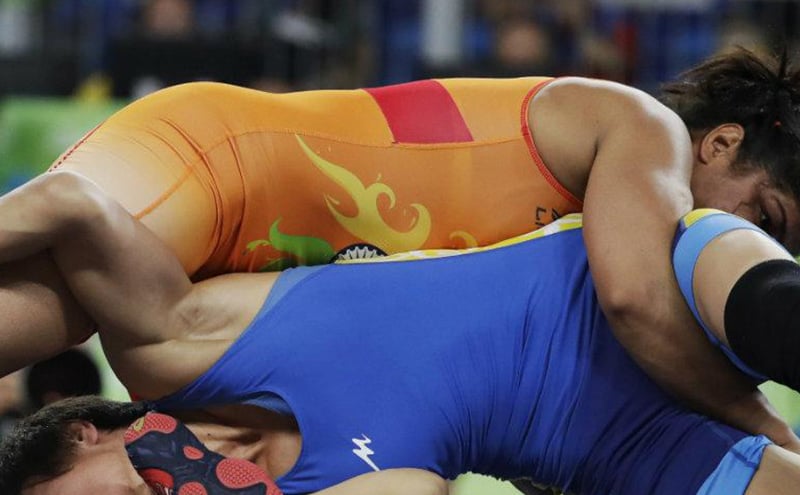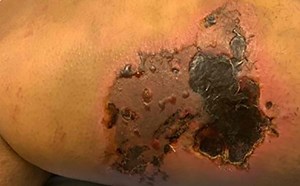
The Rio Experience: An Emergency Medicine/Sports Medicine Doctor
I first started working with USA Wrestling in 2011 when I accompanied a group that included several Olympians to two tournaments in Siberia. Besides some great stories, I gained valuable experiences and several friendships from that trip. After five years of international tours, I was honored to be selected as the team physician for USA Wrestling at the 2016 Rio Olympics. It was a trip that I’ll never forget. I was able to care for some of the best athletes in the world while they tried to muster every bit of strength, courage, and tact to achieve their goal of being a gold medalist. That environment is something that is hard to describe. For those in emergency medicine, imagine running a code where the team anticipates the leader’s every move and procedures are performed without difficulty. Now imagine spending four years preparing and working to make that happen four times in a row on a single day. This is what my team was trying to do in Rio…for 14 different athletes.
We are trained as emergency physicians to prepare for and be mindful of the worst possible scenarios. This presents a challenge when traveling internationally while responsible for effective delivery of medical care for a team of competitive athletes and a group of coaches and support staff who are at least equally as competitive. In Rio though, the infrastructure put in place by the US Olympic Committee to support Team USA was second to none. The conditions weren’t always optimal, but I could always count on my colleagues with Team USA to assist me in providing whatever care was necessary.
I worked closely with three athletic trainers to whom I owe a huge thank you. Darryl Miller of Denver, Robert “Rod” Rodriguez of Colorado Springs, and Carrie Moore of Wentzville, Missouri have each worked with USA Wrestling at multiple Olympics and were the ideal team for my first. Living in the Olympic Village for nearly three weeks was eye-opening as the world’s best athletes mingled amongst each other and displayed the true Olympic spirit. My greatest memory, though, will be walking in the Closing Ceremony along with athletes, coaches, and support staff from every other country.
I, fortunately, only had a few significant medical issues for which to provide care. The most memorable was an ear that I had to suture practically in the dark when it was nearly ripped off. Fourteen sutures in the helix and auricle with only the light from a reading lamp made for a tall order. As we often say, it is nice to not be needed as an emergency physician, but the teams I cover say when you need a physician it is nice to have an emergency physician with you.
AJ Monseau, MD FACEP


